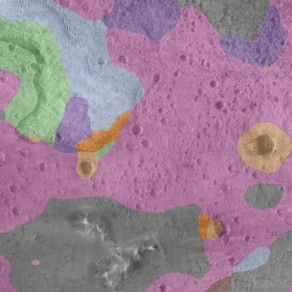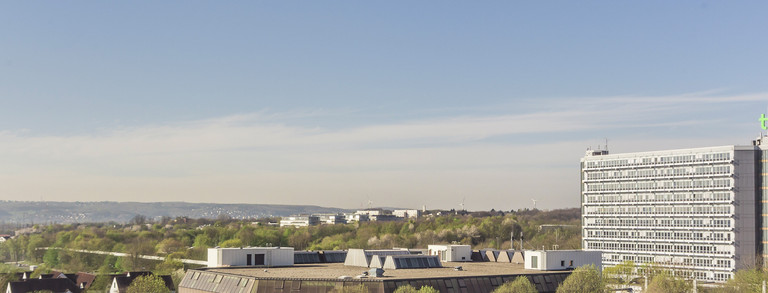Climate Change: A Remote Sensing Perspective

Overview:
The climate system of the earth is changing rapidly. To understand the underlying processes, we need data about the composition of the atmosphere, the oceans, and the land. “Remote Sensing” describes the monitoring of physical and chemical properties of an area by measuring the radiation, reflected, and emitted, remotely. Satellites can be used to create global data sets of, e.g., sea level, the abundance of stratospheric aerosols, water quality, agriculture, but can also aid in emergency management. One example of such satellites are the Sentinel satellites from the European Space Agency (ESA). Some of the instruments used are radar, hyperspectral cameras, radiometers, and others.
The aim of the seminar is to understand the instruments and physical processes used to generate the remote sensing data sets. Additionally, the students should investigate and discuss some of the applications of remote sensing data in climate change studies. Each student will be assigned a specific topic, which should ultimately be presented in a concise and engaging fashion.
Organizational Structure:
- The number of participants is limited to 8 students.
- Please register by sending an E-Mail to the contact listed below.
- Please register until the 30th of October 2021.
- A kick-off meeting will be scheduled after the registration has passed.
- The presentations should be given in English.
- After half of the time a brief (5 minute) “pitch” presentation will be given by each participant, where the other participants can also give feedback on the general presentation style.




